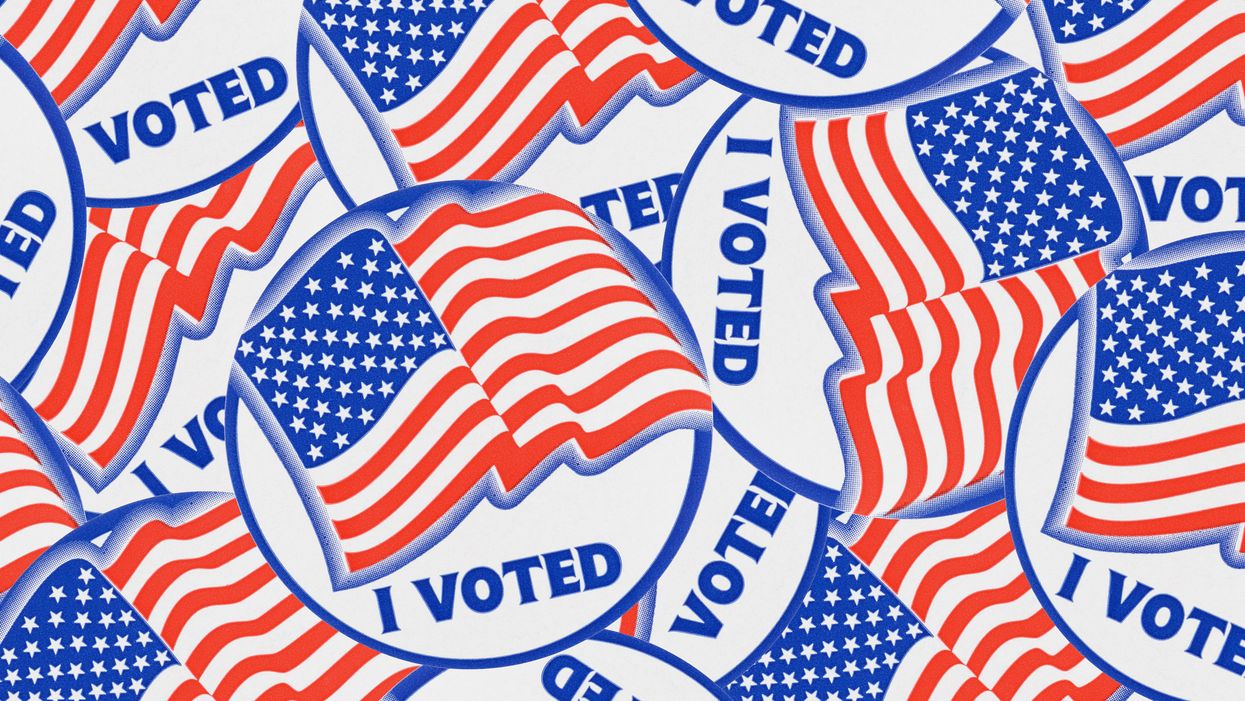Had "Did Not Vote" been a candidate for president in 2016, they would have won handedly. With 41.3 percent of the vote, this block of the electorate significantly outpaced the share of all voters who chose Hillary Clinton (28.5 percent) or Donald Trump (27.3 percent).
Despite the best efforts of both parties to turn out citizens to the polls, voter apathy remains a well-documented reality of American politics. It's an especially alarming reality when compared to our peers. Of the members of the Organization for Economic Cooperation and Development, which represents the world's 32 richest and most developed countries, the United States ranks 26th in voter turnout by eligible citizens.
American nonvoters are the subject of recently released research, The 100 Million Project, commissioned by the Knight Foundation and the centerpiece for a Tuesday online forum on civic engagement sponsored by the Brennan Center for Justice.
Informed by a survey of 4,000 persistent non-voters nationwide and 8,000 persistent non-voters in 10 battleground states, the research is an invaluable contribution to our understanding of why many Americans don't exercise their civic duty.
The methodology used is unique in today's political industry. Almost always, pollsters terminate public opinion surveys as soon as respondents indicate they are unlikely to, or will not, vote in the next election. The result is an entire swath of the electorate whose attitudes and preferences go under analyzed and untold.
There are many reasons citizens don't vote, according to the research.
First and foremost, non-voters report a scarcity of candidates who truly motivate and inspire them to participate.
Second, they lack faith in the system; 48 percent of non-voters do not believe the results of elections represent the will of the people, and they are more likely than regular voters to believe election results are not reported accurately.
Third, non-voters are less likely to believe the actions of the president and other elected officials have an impact on their life.
And finally, news is viewed 25 percent less often by non-voters compared to voters, suggesting they are less informed.
There also remain simple reasons that dictate why voters don't participate, including high barriers to entry in our antiquated electoral systems.
We can help engage non-voters by making it easier to cast a ballot. Proactively mailing every voter a ballot — which is what will happen in just five states this year — could boost participation by up to 9 percent, according to new research. And the gains are equal across party affiliation and most likely to benefit constituencies that tend to vote less frequently — including young people, minorities and the poor.
To overcome the top reason why voters don't vote — a dearth of options they actually believe in — we should consider reforms that could lead to a multiparty democracy. Lee Drutman's recent book, "Breaking the Two-Party Doom Loop," argues that a combination of ranked-choice voting and multimember districts would open our system up to new competition, and likely give more Americans more reason to vote.
But perhaps non-voters will change behavior on their own. Surprisingly, 71 percent of the non-voters surveyed say they plan to vote in this year's presidential election, with 78 percent of those respondents saying they were absolutely certain. This seems to be because 57 percent believe the 2020 contest is more important than previous elections and only 33 percent believe the country is on the right track.
Of course, the political science literature is littered with consensus that the fact voters say they're going to vote is a terrible indicator for if they actually will.
Candidates, political consultants and organizations who often consume themselves with only engaging the most likely to vote should consider whether — by engaging America's largest political constituency — they take the lead in creating a more representative and functional government.
Visit IVN.us for more coverage from Independent Voter News.




















Why does the Trump family always get a pass?